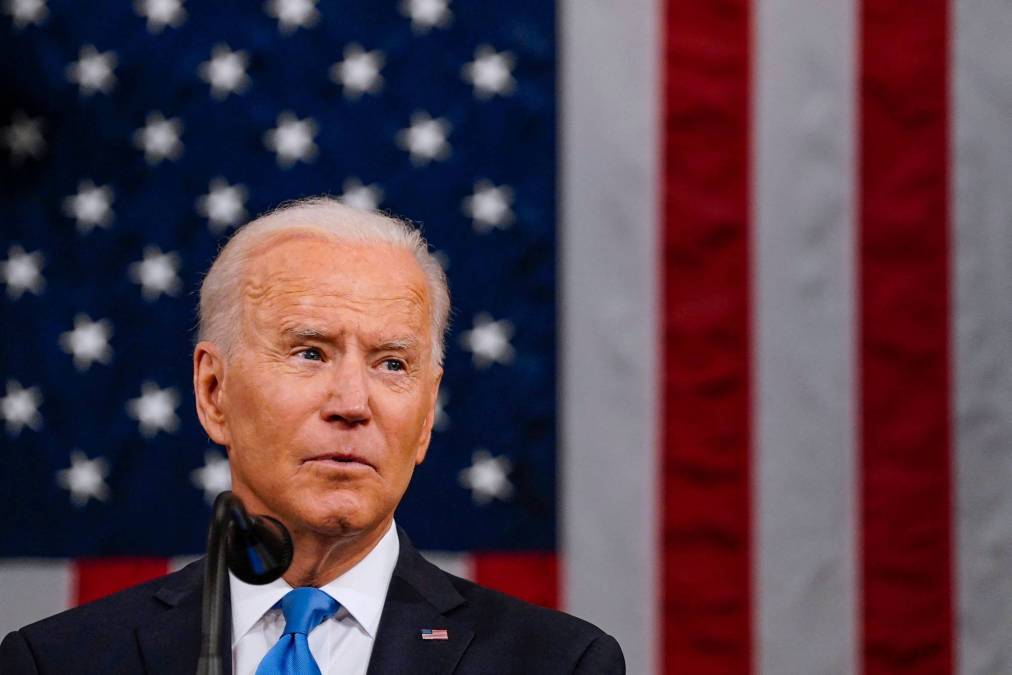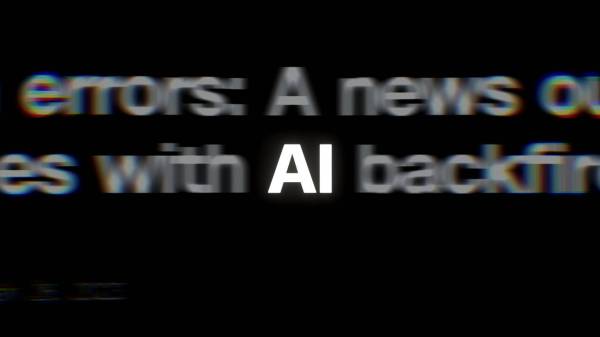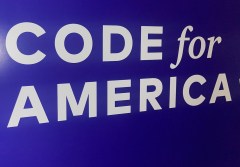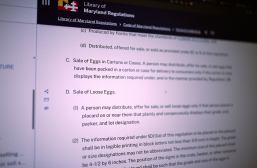Pandemic spurred tech collaboration, White House interest, Code for America CEO says

Just over a year after taking the role of Code for America CEO during the coronavirus pandemic, Amanda Renteria said she feels the work of building sustainable digital service delivery for state and local agencies is just beginning.
Renteria, who will be at the helm for the civic tech nonprofit’s second virtual summit this month, told StateScoop that the circumstances surrounding local government over the past year — including an increased reliance on digital services and calls for expert technology assistance — have encouraged more collaboration in the government technology community. That includes, she said, collaboration between Code for America and the administration of President Joe Biden.
Though Renteria said she was proud of the way that more than 80 Code for America brigades addressed the emergencies facing local governments in early 2020 — including efforts to expand access to food, broadband and welfare benefits — it’s almost time for those volunteer teams and their partner agencies to look beyond immediate crises. It’s nearly time, she said, to look toward replacing pre-COVID-19 processes with lasting and equitable systems.

Amanda Renteria (Code for America)
“There was this phase of all of this where you had government tech volunteers, community organizations coming together to try to solve the problem right in front of them,” Renteria said. “Now, fast forward, those same relationships are really valuable as we start to have a conversation about what we need to build that strong foundation, so that whenever there is a crisis, this doesn’t happen again, and how do we avoid that as we move forward and build the kind of systems that are right for our future?”
The coronavirus pandemic spawned a host of assistance efforts for government beyond the work of Code for America, which has more than a decade of experience assisting local governments build simpler and more effective digital tools. The U.S. Digital Response, a national technology nonprofit that’s amassed more than 6,500 volunteers over the last year, and which counts Code for America founder Jennifer Pahlka as one of its advisers, is one of the larger efforts spawned by the pandemic.
Renteria said that Code for America’s brigades have used the pandemic to develop relationships with smaller community-based organizations as well, while brigades have also improved the way they share best practices with one another, especially around the development of digital vaccination-management projects.
“I love it. I think it’s absolutely fantastic,” Renteria said of the recent grassroots efforts to support government. “And I think what has also happened is there’s been a lot more collaboration behind the scenes, talking about ‘what are you focused on’ and ‘how do we send folks your way?’ What we’ve taken away from that is that we have to do more of it. There was just a hunger for learning. We want to foster more of that.”
The Biden administration also wants to pick Renteria’s brain, she said, on how to improve systems, such as those dispensing unemployment benefits, which haven’t always operated smoothly during the pandemic. Brigades, which vary in size and scope depending on the city they’re based in, are the “eyes and ears” for tracking resident-facing government technology issues among state and local agencies. Their expertise, Renteria said, has led to some “really incredible conversations” with administration officials about what organizations like Code for America and USDR need to be successful.
“A lot of conversations [with the administration] are wondering, ‘How does it really work out there? What’s really going on? What are really the barriers to why people can’t get, you know, earned-income tax credits? What held up the system so that we weren’t reaching every single kid out there?’” she said.






